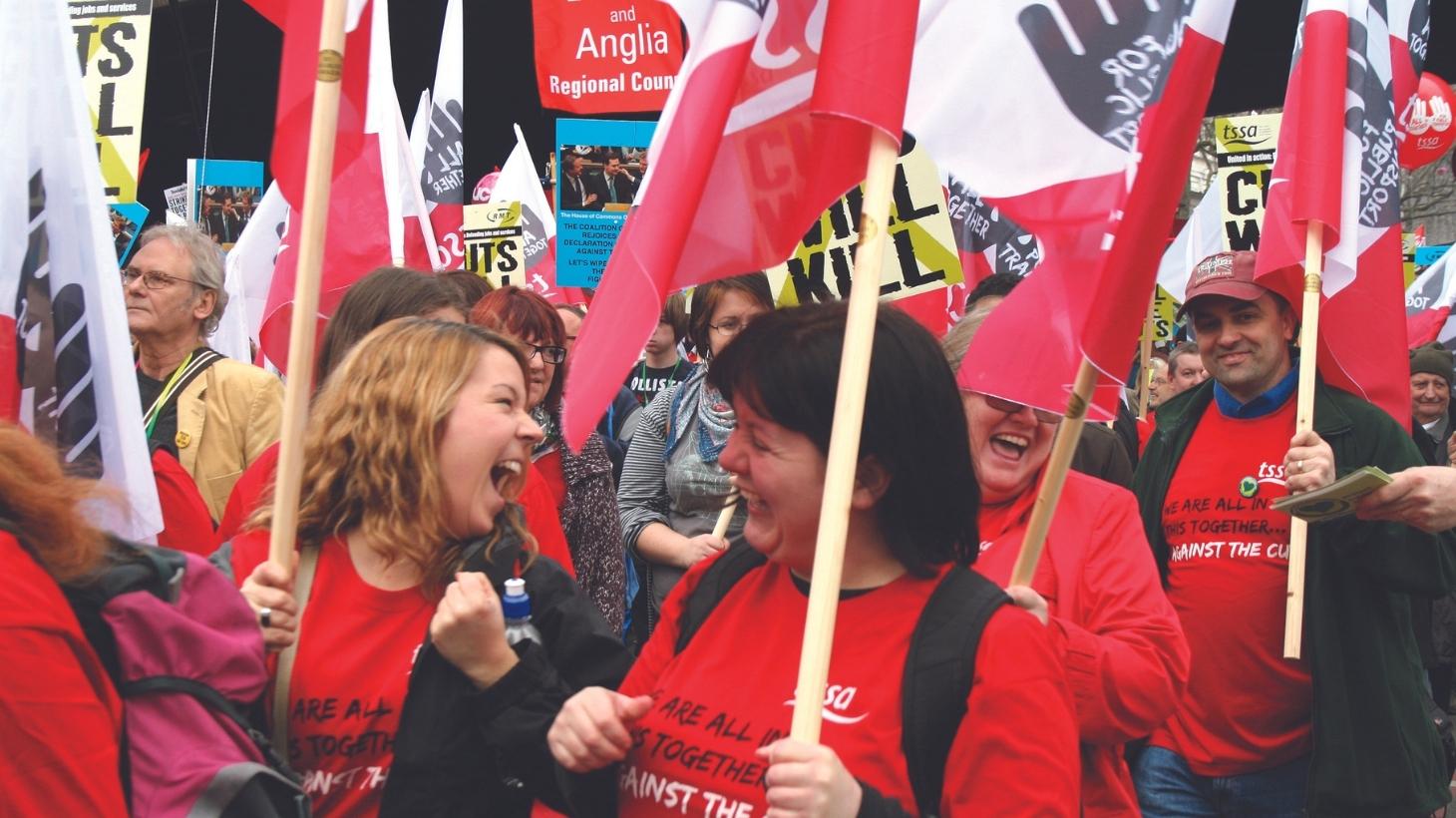Members set the direction in their community of practice

Last week we held our first ever Going Beyond events, Exploring Unconscious Bias and Safe Return to Work. Both were well attended and successful in engaging members on important topics for their community of practice themes. Participating in a CoP means that you are engaging in a theme over a period of time, not only attending an event, so you can learn as much as possible on the theme. The questions arising from participants in our events last week will help shape events and resources for the CoPs moving forward. In that way, participants of the events are setting the direction of exploration in their CoP. Here are a few outcomes from last week:
Addressing Bullying & Harassment CoP
We held the first ever TSSA online event, Exploring Unconscious Bias, which received great feedback from our members and participants. The event focussed on how unconscious bias can impact our everyday decisions and impressions of people, therefore is a contributing factor to bullying, harassment and other forms of discrimination, but that we can manage in ourselves if we are conscious of it. Through the discussion some of the following questions were touched on:
- How does unconscious bias effect organisations, processes, procedures?
- What actions and initiatives can we promote to address bias in organisations?
- What data can help us quantify issues of bias and monitor the impact of any actions we take to address it?
There will be additional events organised for the CoP to discuss these points further.
Representing Members CoP
Our Safe Return to Work event focussed on what individuals and workplace reps need to know as transport staff are returning to their workplaces. Some of the learning materials that will be shared with participants and the Representing Members CoP from this event will include:
- Video interviews with Val Stansfield, Employment Rights Adviser answering key questions on the return to work
- Guidance for risk assessments
- Information on Equality Impact Assessments to assess the risk and impact on safety measures and returning to work on people with issues such as disability, age, race, pregnancy, and other protected characteristics.
